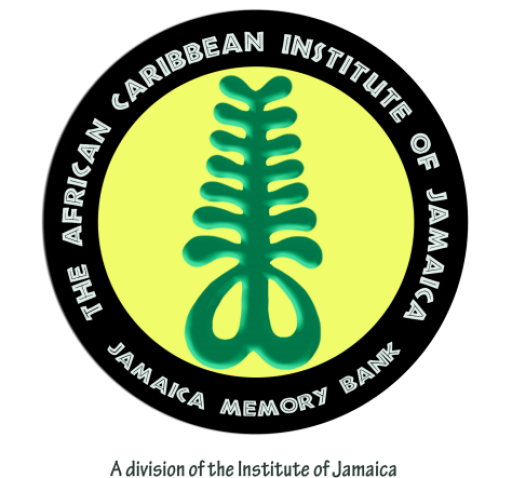Section II
Snapshots of Jamaica’s Road to OAS Membership, 1962-1969
On the heels of gaining political independence in 1962, Jamaica, like other former colonies in the region, pursued regional cooperation and integration policies. Having attained Independence from Britain, this meant that strong political and economic ties were needed to foster the growth of the nation in its nascent stage.
Jamaica at OAS 1970
In 1962, Jamaica joined the United Nations (UN). While influence in the UN was limited, membership helped to establish identity as a member of the Latin American Group (LAG) which, as a bloc, had voting rights. Notwithstanding the paucity of its political weight and its newcomer status, Jamaica, from the very inception took radical stances on issues that affected the region, such as race matters. In 1968 for instance, the young nation spearheaded the designation of that year as International Year for Human Rights.
Soon after, the nation embarked on its quest for membership in the OAS. This was not granted immediately, however, as their continued membership in the British Commonwealth remained a cause of concern to some members of the OAS who questioned the nature of their independence. Indeed, it wasn’t until August 20, 1969, that Jamaica was admitted into the fold of the OAS family of nations as the 24th Member State.
By the time Jamaica signed the Charter of Bogota in 1969, the small Caribbean nation had proven its commitment to the development agenda. This was recognized by the OAS Secretary General at the time, Galo Plaza, who remarked on the day of the signing at the OAS Headquarters in Washington, D.C., that the country was not viewed as a newcomer because it had made significant contributions to Inter-American Cooperation as a member of the Pan-American Health Organization, which Jamaica joined a month after independence. He went on to state that “a recent recognition of this has been the decision to establish the new Population Nutrition Unit as part of the Caribbean Food and Nutrition Institute in Kingston, where the Worldwide Malaria Eradication Training Center is also located. Jamaica has thus been recognized in these and many other ways, as a vigorous and constructive participant in international cooperation endeavors.”
Two years later, (1971) the Government of Jamaica and the General Secretariat of the Organization of American States agreed to establish an Office of the General Secretariat of the Organization of American States (GS/OAS) in Kingston “to serve as a centre for more efficiently promoting and coordinating the activities of the General Secretariat”.
The Minister of Finance and Planning, the Hon. Edward Seaga (centre), announcing approval of Jamaica’s membership in the Inter American Development Bank, originally established as the Financial arm of the OAS. Also in the picture are (from left) Mr. Robert Mason of the Ministry of Finance, Senor Cesar Atala, Regional Representative of the IDB, with headquarters in Trinidad, and Mr. P.W. Beckwith, Financial Secretary. (Photo courtesy of The Gleaner)
